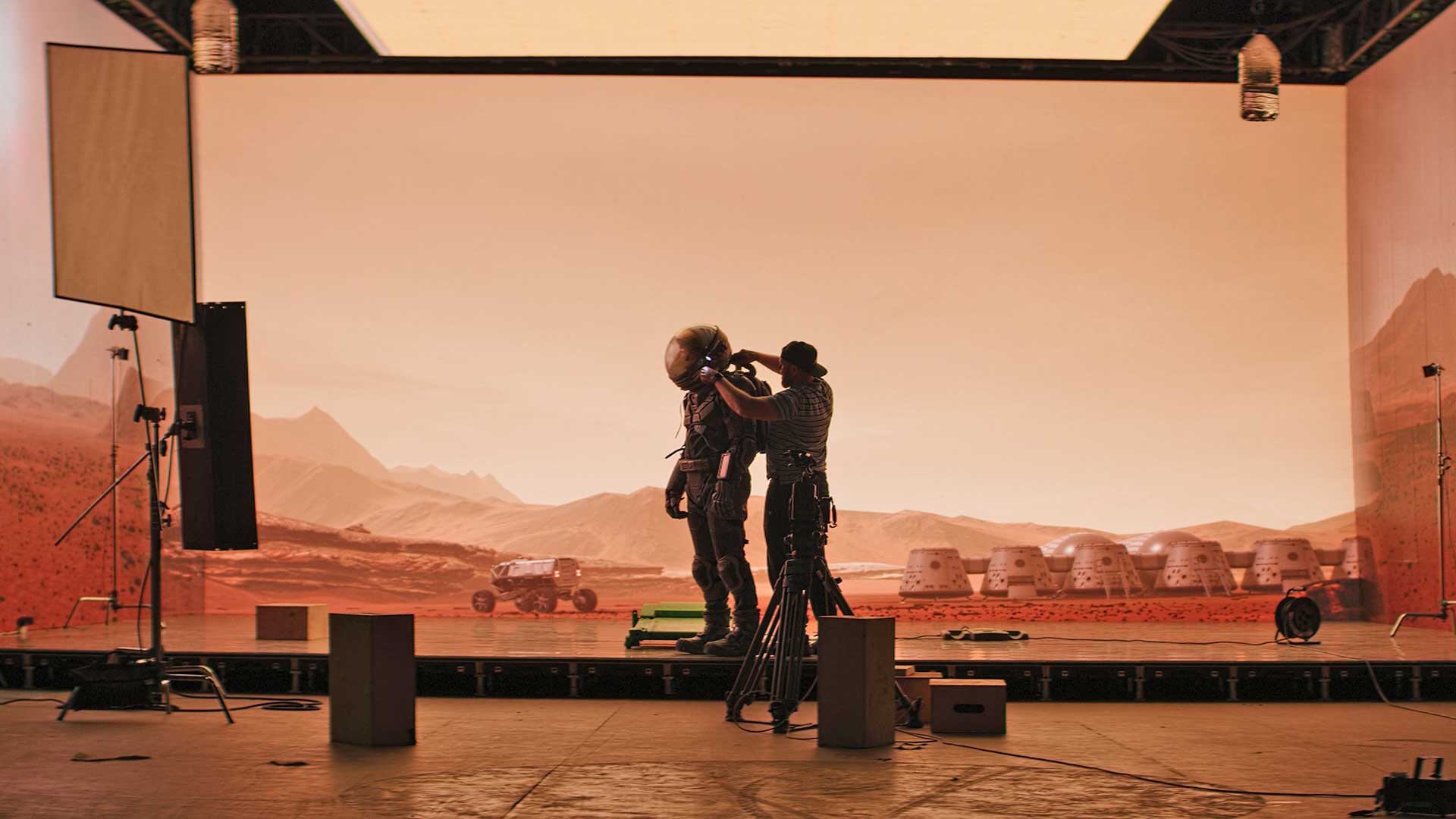
May was Virtual Production month at RedShark, one of the most exciting production developments in recent years, and we set out to demystify it.
We kicked off Virtual Production Month with a piece by DP Neil Oseman. If you're new to virtual production, or you've been asked to incorporate it into your next job, Neil gave a primer with six important tips on how to shoot with an LED volume.
Read Six tips for shooting on an LED Volume.
Three 'budget' cameras that are perfect for Virtual Production
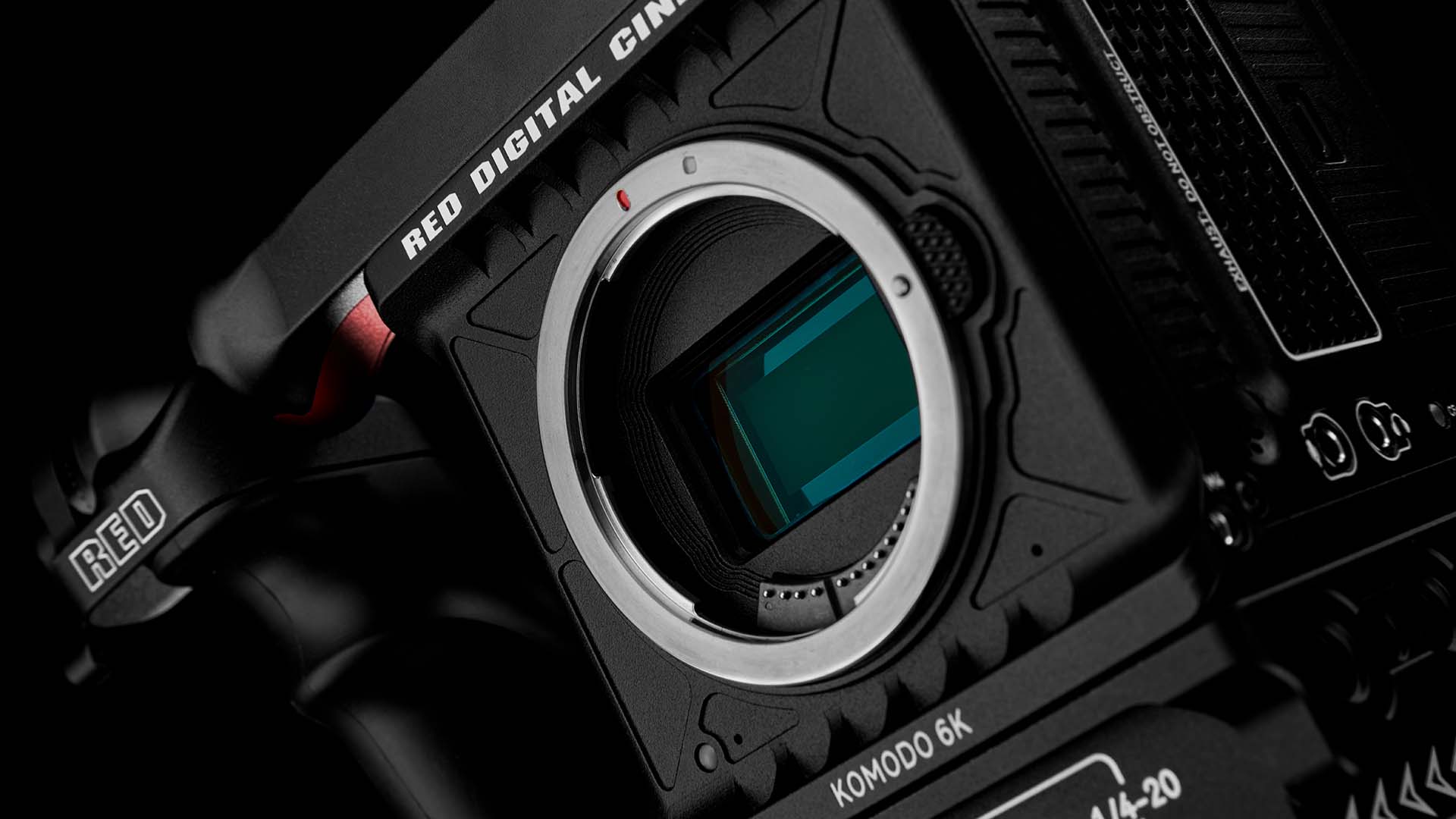
Virtual production places some specific demands upon equipment and its specification. Due to its nature, shooting against LED screens, a global shutter is an important feature to have on any camera that is used, and that means that the choice is limited, particularly if you're on a budget. Luckily we put together a list of cameras that would allow even those on lower budgets to take advantage of virtual production technology.
Read Three 'budget' cameras that are perfect for Virtual Production.
The first ever image of the black hole at the centre of the Milky Way
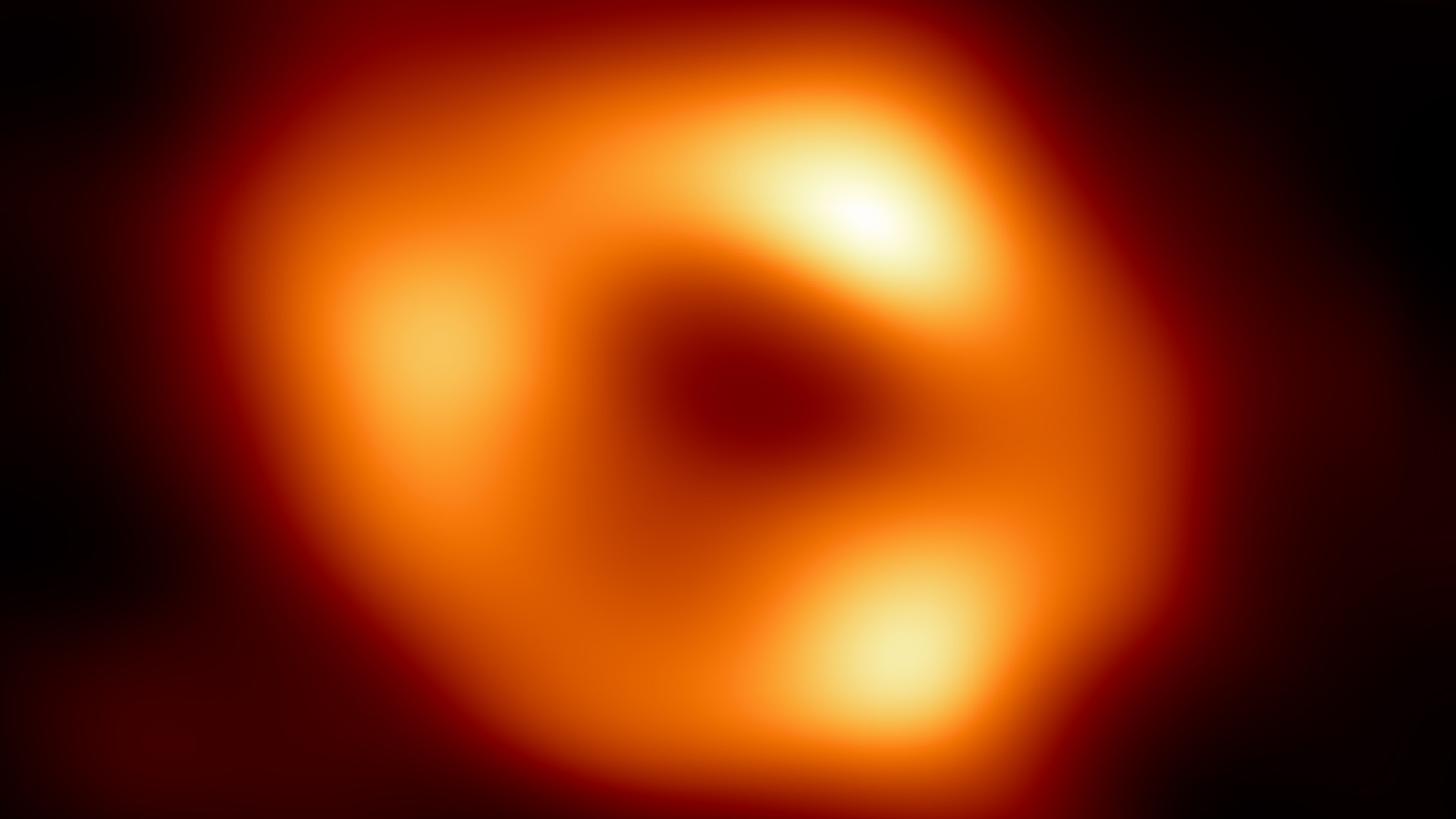
Meanwhile, in outer space there were black holes to be investigated, and scientists from Event Horizon Telescope Collaboration achieved a world first by taking an image of a black hole.
The anomaly, called Sagittarius A* (Sgr A*), was theorised, but not absolutely confirmed until the image was taken. It resides at the centre of the Milky Way, and although it wasn't the first image ever taken of a black hole, it was the first of the larger end of the super massive variety. The first ever black hole image was of a much smaller one called M87*, which, as it turned out, was easier to create an image of, despite its increased distance from Earth.
Gasses surrounding Sagittarius A* moved at close to the speed of light around it, and so it was much more difficult to take the required combination of pictures to composite the final result.
Read This is the first ever image of the black hole at the centre of the Milky Way.
Nikon Z 9 reviewed
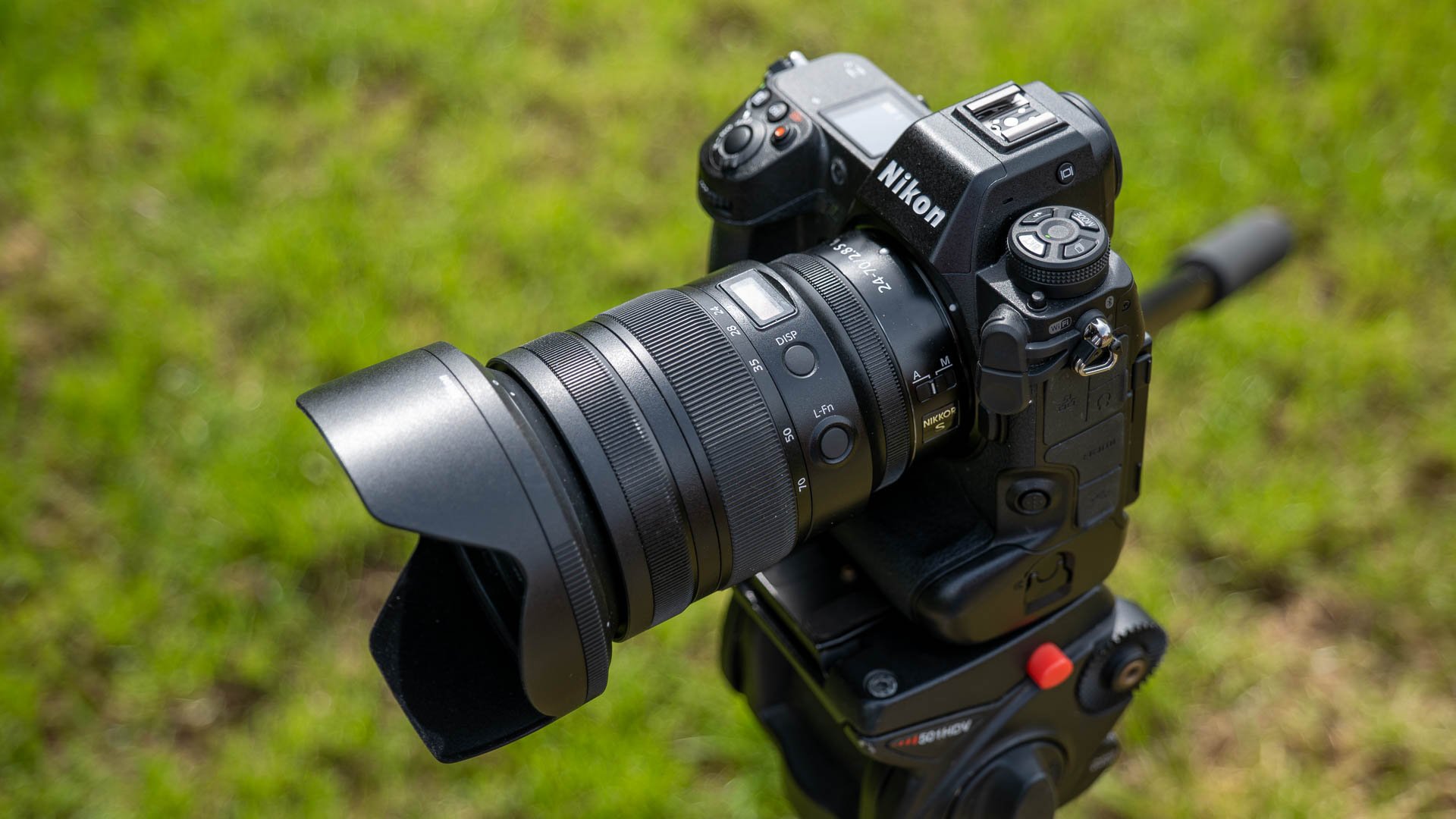
We also finally got our hands on the Nikon Z 9, an absolute 'beast' of a camera, and one of the most exciting mirrorless releases in some time.
"The Nikon Z9 is a camera that anyone with a lust for camera porn will want to own. Even for many professionals, however, the Z9 may be more than they ever need. But I cannot deny that it is the most impressive mirrorless camera I have used yet and it shows very strongly where all stills/hybrid cameras are heading."
The Z 9 wasn't without controversy, however. A firmware update that enabled internal compressed raw recording fell foul of a certain other camera manufacturer, and a legal case challenging the relevant patent is ongoing. In the meantime, the Nikon Z 9 is still an incredible camera, although it's one most of us can only dream of justifying the purchase of.
Read Nikon Z9 review: An absolute beast of a camera.
Remarkable new AI gives us a glimpse of the future for filmmakers
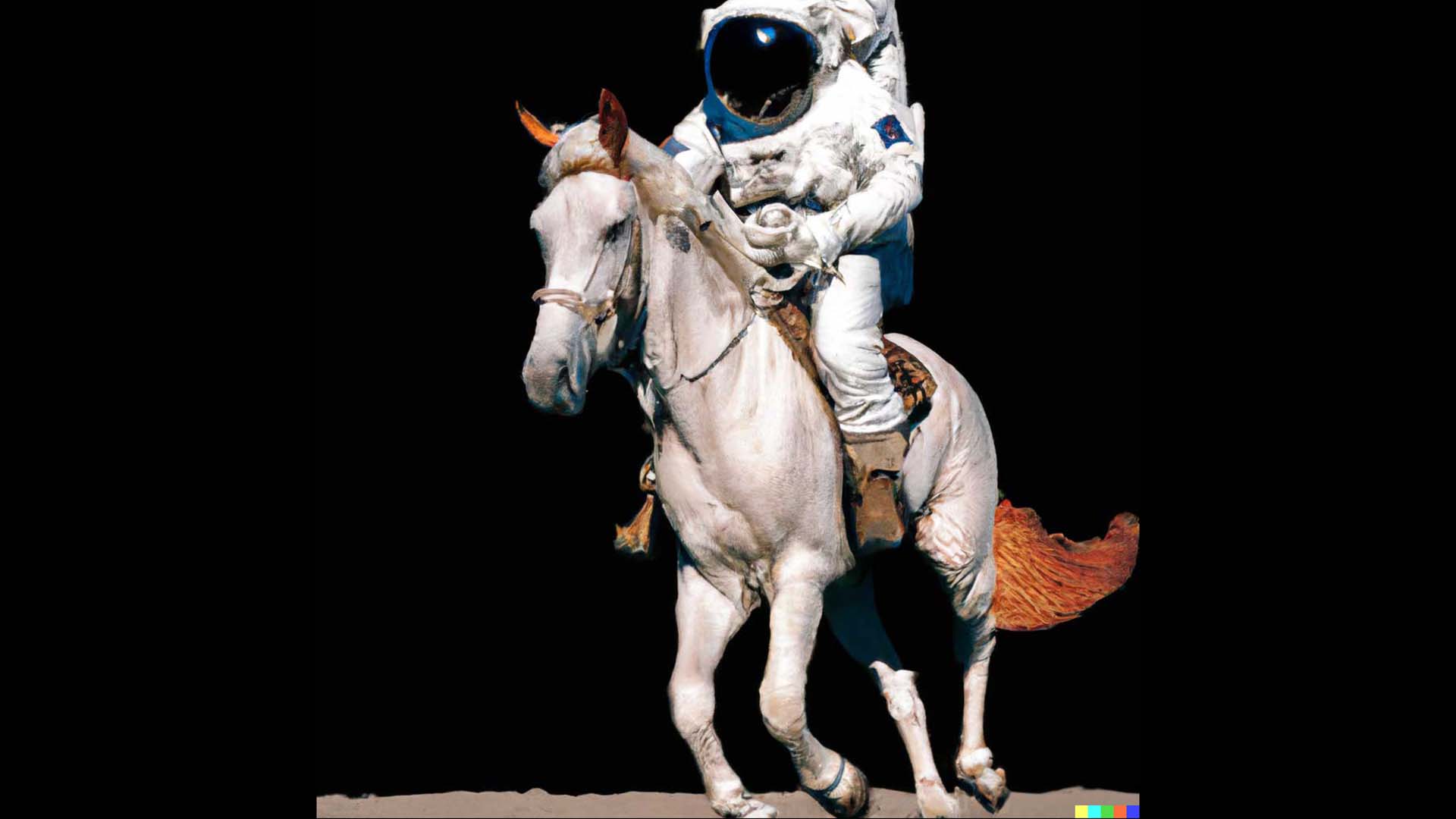
If one thing can be said of 2022, it's that it was the year of AI. We saw multiple advances throughout, and one of the most impressive was the development of usable AI generated images. So good have some of these generators, that they can often be used to create images when a stock library might not have anything suitable that you need.
That's not to say they're perfect; many of the results can be pretty terrible. But, if you get the description right they can perform magic.
David Shapton wrote about one of the best known, DALL-E 2, but he also placed into context where it was all heading: "Now imagine where we'll be in ten years. According to Nvidia, the compound growth rate of AI technology is over 100% per year. That quickly leads to some very big numbers. According to the GPU company, we've already seen a million-fold increase in AI capability in the last decade, and it is, of course, accelerating.
So it's no longer very hard to imagine a world where we can say to a computer "Read this script and let me know when you've finished making the movie". With another millionfold increase - and probably more, in the next ten years, it's looking likely that this will happen."
With the recent release of ChatGPT, that time may be approaching faster than anyone predicted.
Read Remarkable new AI gives us a glimpse of the future for filmmakers.
Tags: Production

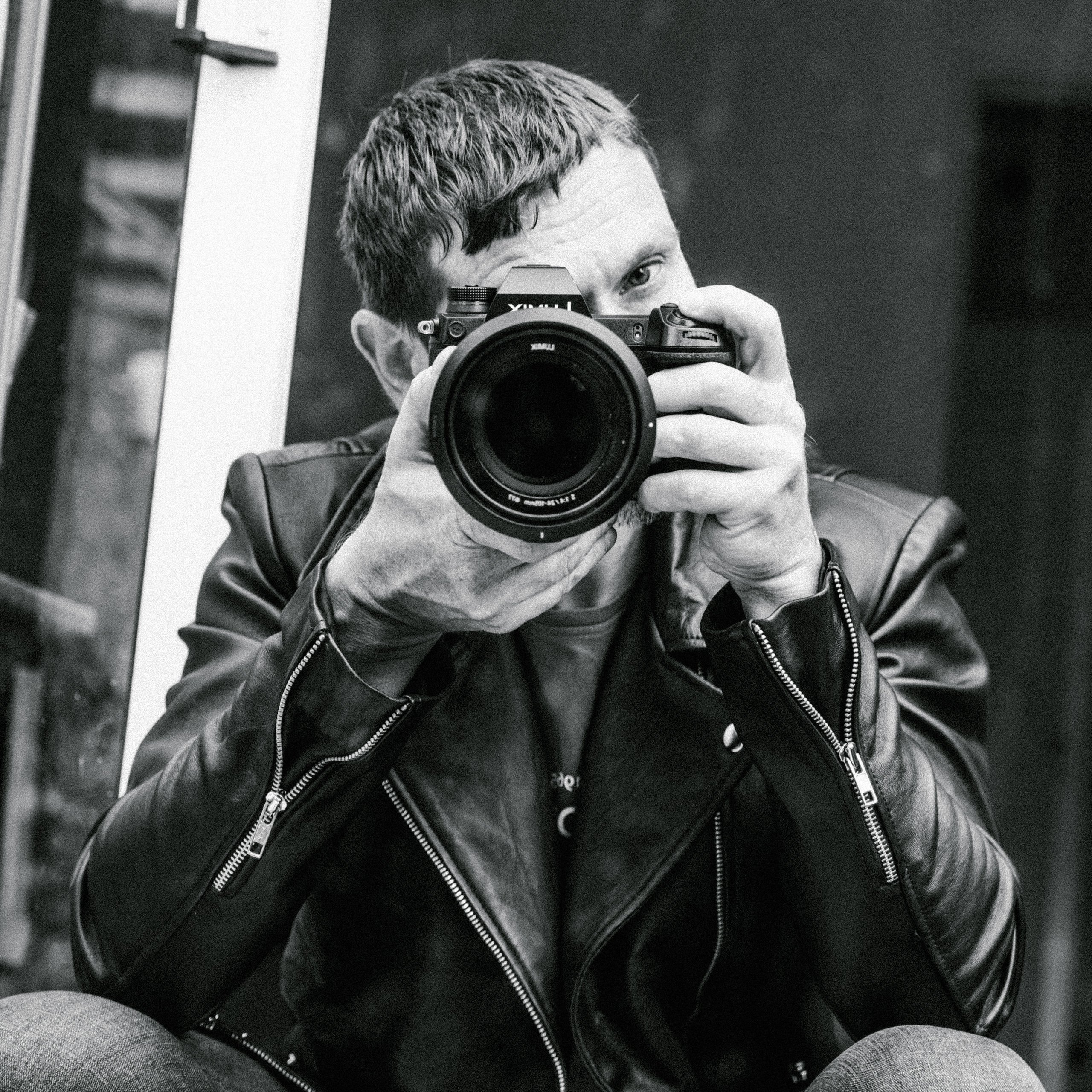
Comments